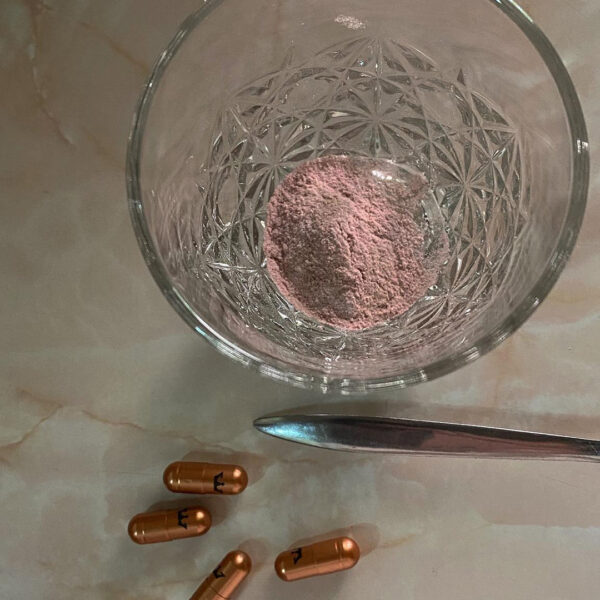Where were you when you first realized your anxiety wasn’t just a “quirk” but actually something that was harming your health? For our wellness editor, it was a college health class screening of the not-so-subtly titled documentary Stress: Portrait of a Killer.
That was a decade ago, and we are still learning about how stress affects our health.
“No one likes feeling stressed! In an annual survey by the American Psychological Association, Stress in America™, one in three adults said they don’t know where to start when it comes to managing their stress, and one in three reported they feel completely stressed out no matter what they do to manage their stress. Women also reported higher average levels of stress than men,” says cognitive neuroscientist and Make Time Wellness Advisor Dr. Julie Fratantoni.
“People are becoming more and more aware of the detrimental effects of stress and want to do something about it,” she says, which helps explain why “how to lower cortisol” is such a hot topic on the interweb.
“Cortisol is often referred to as the ‘stress hormone’ because of its role in the body’s stress response, also known as ‘fight or flight’. It increases glucose in the bloodstream (to help with flight). Cortisol also suppresses nonessential functions like the digestive system and reproductive system,” explains Dr. Julie.
“Cortisol is involved in much more than just stress. It plays an important role in metabolism, regulating blood pressure, suppressing inflammation, regulating blood sugar, and in the sleep-wake cycle,” she adds.
So cortisol is a major player in how we function. It’s when cortisol levels stay high that issues arise. “Chronically elevated cortisol levels heighten the risk for anxiety and depression, increases inflammation in the body and brain, weakens the immune system, and may cause digestive and fertility issues,” Dr. Julie explains.
What are the telltale signs of high cortisol?
According to Dr. Julie, they are:
- Difficulty falling asleep
- Weight gain
- Irritability
- Difficulty concentrating
- High blood pressure
How to lower cortisol levels:
“Stress is one of the biggest risk factors for brain health and overall health as we age. Managing stress can reduce risk for things like cognitive decline,” Dr. Julie says. “Healthy levels of cortisol can help you sleep better, fight off illness, recover from illness more quickly, and maintain a healthy weight.”
Here are a few of her tips for lowering cortisol:
- “Adaptogens can help the body respond to and recover from stress faster,” she says.“Examples of adaptogens are ashwagandha, ginseng, reishi, and rhodiola.” (“Make Time Wellness has a great rhodiola gummy,” she adds.)
- “Prioritize seven to nine hours of sleep each night to help your brain and body repair, recover, and become more resilient to stress,” Dr. Julie advises.
- “Take a few minutes to breathe. A shorter inhale (count to four) with a longer exhale (count to six) can help calm your nervous system and immediately reduce feelings of stress,” she says.
- “Make time for friends and practice compassion,” she suggests. “It can be a short 10-minute phone call or going on a walk and talking about your problems. Strong social support helps protect against the negative effects of stress.”
Shop our calming collection:
Up next, be the first to know our weekly content and sign up for our Poosh newsletter.
The content provided in this article is provided for information purposes only and is not a substitute for professional advice and consultation, including professional medical advice and consultation; it is provided with the understanding that Poosh, LLC (“Poosh”) is not engaged in the provision or rendering of medical advice or services. The opinions and content included in the article are the views of the author only, and Poosh does not endorse or recommend any such content or information, or any product or service mentioned in the article. You understand and agree that Poosh shall not be liable for any claim, loss, or damage arising out of the use of, or reliance upon any content or information in the article.





































